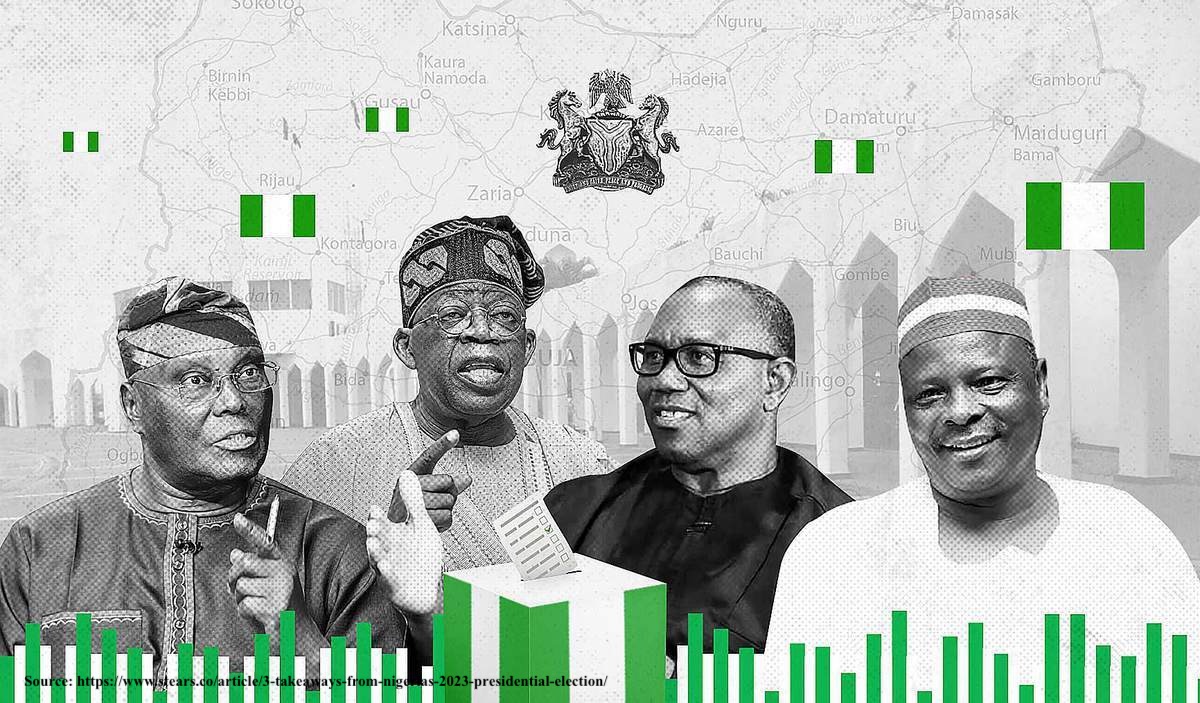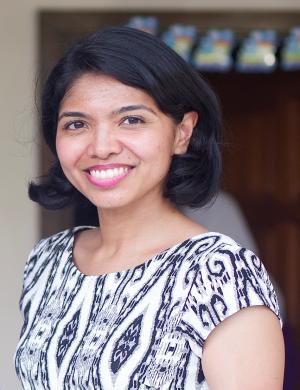Under the Shadow of the Siamese Twins: Ethnicity, Religion and Nigeria’s 2023 Presidential Election

Downloads
Nigeria is considered a heterogeneous society per excellence. This is courtesy of its multi ethnic and multi religious character. While there is no agreement among scholars as to the exact number of its ethnic and religious diversities, its ethnic and religious composition closely follow same geographical boundary such that while the Eastern Ibo are mostly Christians, the Northern Hausa are predominantly Muslims while the Western Yoruba people are partly Christians and partly Muslims. Thus both often exercise joint influence on its politics. This is more profound at moments of decision making such as elections. This paper examines the 2023 Presidential elections in Nigeria viz a viz ethnic and religious influence in the election. Anchored on the rational choice theory, the paper relied on secondary source of materials such as text books, journals, electronic sources and official publications especially from the Independent National Electoral Commission. These were analysed using content analysis. It argued that both ethnic and religious influences are like Siamese twins as far as elections in Nigeria are concerned especially because of their geographical boundaries that roughly coincided. It concluded that Nigeria is yet to witness a significant departure in the pattern of ethno-religious influence on its elections. It, therefore, recommends the need for all stakeholders to be deliberate in stemming the tide of destructive ethnic and religious influence on politics in the country.
Key Words: Ethnicity, Religion, Politics, Election, Influence
Copyright (c) 2023 Hasanuddin Journal of Strategic and International Studies (HJSIS)

This work is licensed under a Creative Commons Attribution 4.0 International License.















